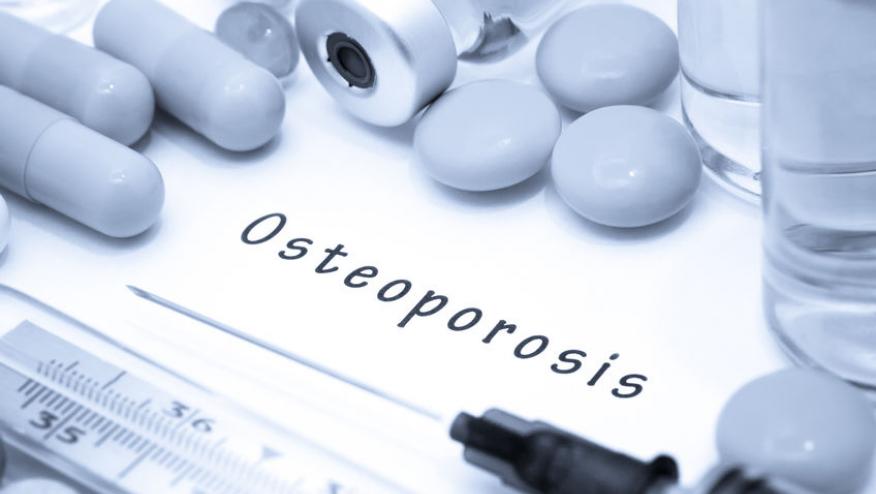Declining Menopausal Hormone Therapy in Postmenopausal Women Save

A two decade cross-sectional population study has shown a marked downward trend in menopausal hormone therapy (MHT), with an over 80% reduction, especially in women aged 52 - 65 years.
Menopausal hormone therapy (MHT) may be the treatment of choice for menopausal symptoms, but clinicians must assess the risk-benefit trade-offs in postmenopausal women.
Researchers assessed the use of MHT use among postmenopausal women in the US from 1999 to March 2020, using data from the National Health and Nutrition Examination Survey (NHANES) from 1999 through to March 2020 (pre–COVID-19 pandemic.
A total of 13 048 US postmenopausal women (47.1% ≥65 years old) were analyzed. The prevalence of MHT use by era was:
- 1999 26.9% (95% CI, 22.6%-31.7%)
- 2020: 4.7% (95% CI, 3.4%-6.5%)
Until 2002, MHT use was highest in women 52 to 65 years. Since 2005, MHT use has been highest among women younger than 52 years.
Decreases in MHT varied by age groups:
- Women < 52 yrs: decreased by 23.5% (95% CI, 11.4%-35.6%)
- Women 52 - 65 yrs: decreased by 31.4% (95% CI, 23.4%-39.5%)
- Women > 65 yrs decreased by 10.6% (95% CI, 6.3%-14.8%)
Women of racial and ethnic minority groups had lower prevalence of MHT use compared to non-Hispanic White women. White women consistently had the highest prevalence of MHT use.
Estrogen-only formulation accounted for more than 50% of the MHT use overall, and combined estrogen plus progestogen use accounts for more than one-third of current MHT use. MHT use varied by income, insured status, race, ethnicity, smoking status and education.
For this observational study, the authors offer no reasons for such decline but suggest future health policy or guidelines will need to consider sociodemographic factors such as age, race and ethnicity, income, and education.
An accompanying editorial in JAMA, points out:
- There is a "... lack of sufficient evidence in the clinical literature to determine the optimal duration of hormone therapy. This uncertainty makes it difficult to provide clear guidelines on when to discontinue MHT, and individualized patient care with shared decision-making is essential."
- There may be a "..more favorable benefit-risk profile when MHT is started in healthy women younger than 60 years or within 10 years of their final menstrual period, current clinical guidelines support the use of hormone therapy for menopausal symptom relief in younger postmenopausal patients.."
- "The most prominent limitation (of this report) is the absence of detailed information on the indications for MHT prescriptions."
Join The Discussion
Interestingly, a recent Norwegian group correlated a decline in the incidence of SLE in 50 - 59 yo women and correlated it with marked reductions in the use of HRT. Not proven, but an interesting association (Haukeland et al PMID: 38108106)










If you are a health practitioner, you may Login/Register to comment.
Due to the nature of these comment forums, only health practitioners are allowed to comment at this time.